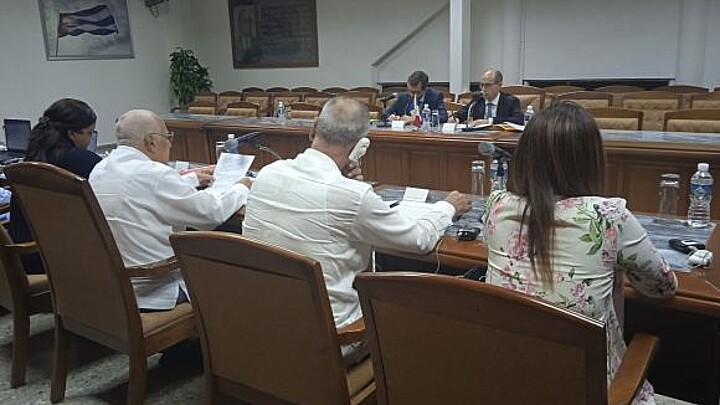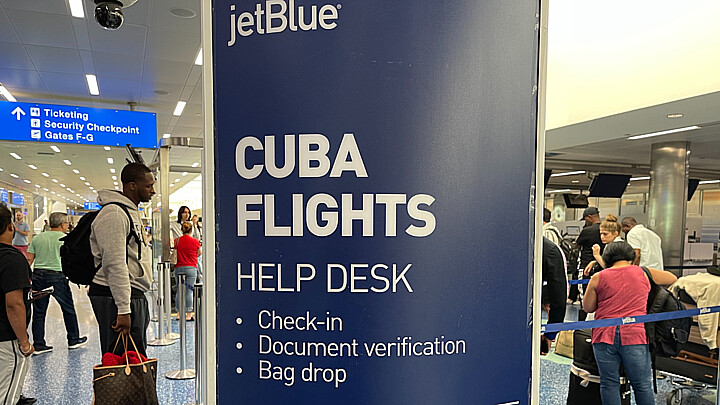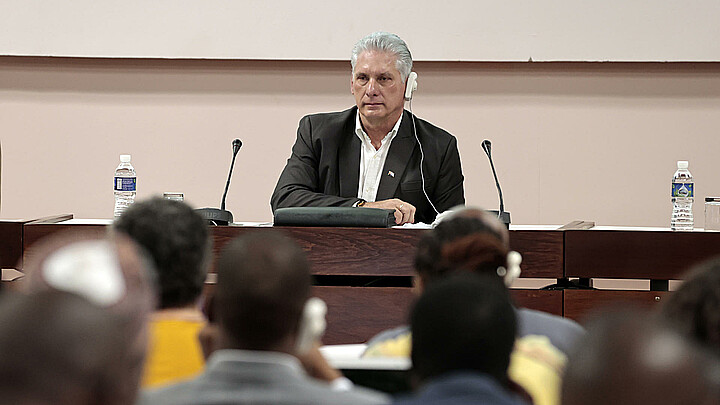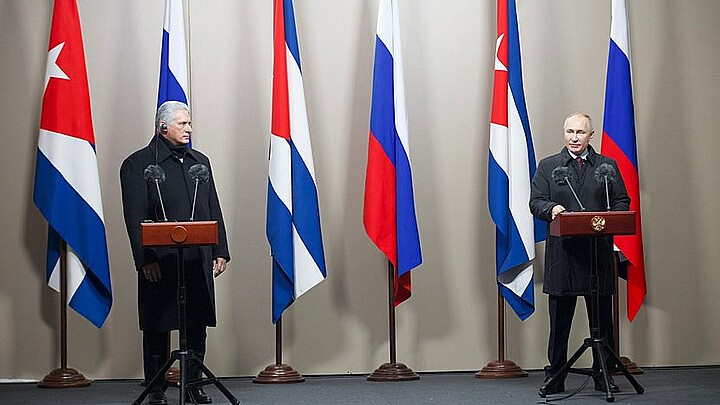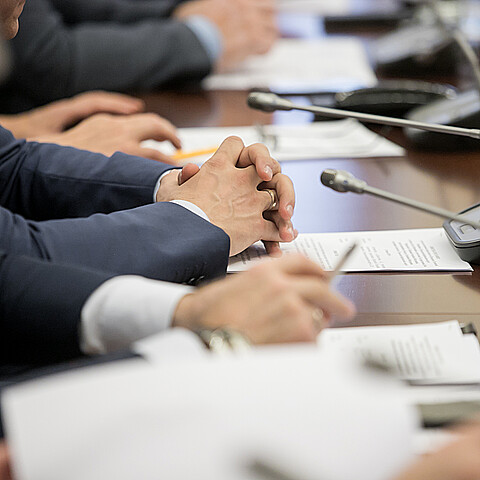Business
Castro regime restricts U.S. automobile exports to communist Cuba
This January new regulations of the regime came into force that make it difficult to import vehicles to the island

January 14, 2025 1:02pm
Updated: January 15, 2025 12:00am
On Jan. 1 new Cuban regulations came into effect that could exclude U.S. companies with licenses to export cars to the communist island.
The regulations, published in the Cuban regime’s Official Gazette, establish stricter requirements for export agencies, such as the need to have authorization from the vehicle manufacturer, the technical guarantee and the supply of spare parts, among others.
One Miami representative, who spoke on the condition of anonymity to the U.S. government funded news agency, Radio y Television Martí, expressed his concern about the legal shift.
“They looked for a legal formula to entangle car imports,” the anonymous source told the Office of Cuba Broadcasting. “Now, to export a car to Cuba you must provide a letter from Toyota, Chevrolet, Tesla or whatever brand, authorizing the export. That's not going to happen. No brand is going to give you that letter to Cuba,” said the source.
However, several South Florida companies reported that, even though they temporarily suspended vehicle shipments to individuals while they reviewed the new regulations, they continued to send cars to small and medium sized enterprises (MSMEs), known commonly in Spanish on the island as MYPIMES.
After the implementation of the new regulations, Cuban Minister of Transportation Eduardo Rodríguez Dávila published a list on Facebook of the nine companies authorized to market vehicles on the island: CIMEX, DIVEP, IMEXPORT, TRANSIMPORT, TRADEX, MCV Comercial, Servicios Automotores S.A. (SASA), Tiendas Caribe and SOLIMPORT.
Several of these companies belong to the government sponsored military conglomerate GAESA.
The representative of the automotive company in Miami who spoke with Martí Noticias explained that these companies were already authorized to import vehicles for taxis, ambulances, police patrols and other specific uses.
Most of these companies have commercial agreements with international brands, especially in China.
"How is this measure going to improve things, as they say, if almost all the money came from Miami?" the Martí Noticias source asked.
Cuban economist Emilio Morales described this process as a "reorganization of the economy according to the financial needs of GAESA," which was "losing control" in the dollarized retail market.
“We are witnessing a radicalization of GAESA in the midst of the worst phase of the multi-systemic crisis that the country is going through. Every dollar that appears on the horizon, they will try to control it; no one else will be able to access it. That is the new direction they are trying to impose in the country,” he told the aforementioned media.
During the first half of 2024, Cuba imported vehicles from the United States worth more than $30 million, according to data from the U.S.-Cuba Economic and Trade Council.
At the beginning of this year, the new policy on the commercialization of motor vehicles, their importation and the transfer of ownership in Cuba came into force.
Following the measure, several car distributors in Cuba, such as MCV Comercial S.A., a branch of Mercedes-Benz, and Finauto International Ltd., an Italian company that distributes KIA and SsangYong, published their car sales catalogs on the island for 2025.
MCV Comercial S.A. vehicles They will be sold in dollars, while those from Finauto International Ltd. will be available in euros.
Cars are essentially unaffordable and out of reach for most Cuban citizens since the minimum wage for on the island is about six dollars a month.

